12 GPTs for Scientific Articles Powered by AI for Free of 2026
AI GPTs for Scientific Articles are advanced tools based on the Generative Pre-trained Transformer (GPT) technology, tailored for generating, summarizing, and analyzing content within the scientific domain. These tools leverage machine learning algorithms to understand and process complex scientific texts, making them ideal for tasks such as literature review, hypothesis generation, and data interpretation. Their design focuses on the specific needs of scientific research, enabling users to handle vast amounts of literature efficiently and innovatively.
Top 10 GPTs for Scientific Articles are: Scientific Writing with Latex,AskYourPDF,SciWrite Assistant,English Correction,中英學術翻譯大師,Latex Proofreader,Chatpdf: Ask pdf,Literal Translator,Note Master,AcademicStyleBot
Scientific Writing with Latex
Streamlining Scientific Writing with AI
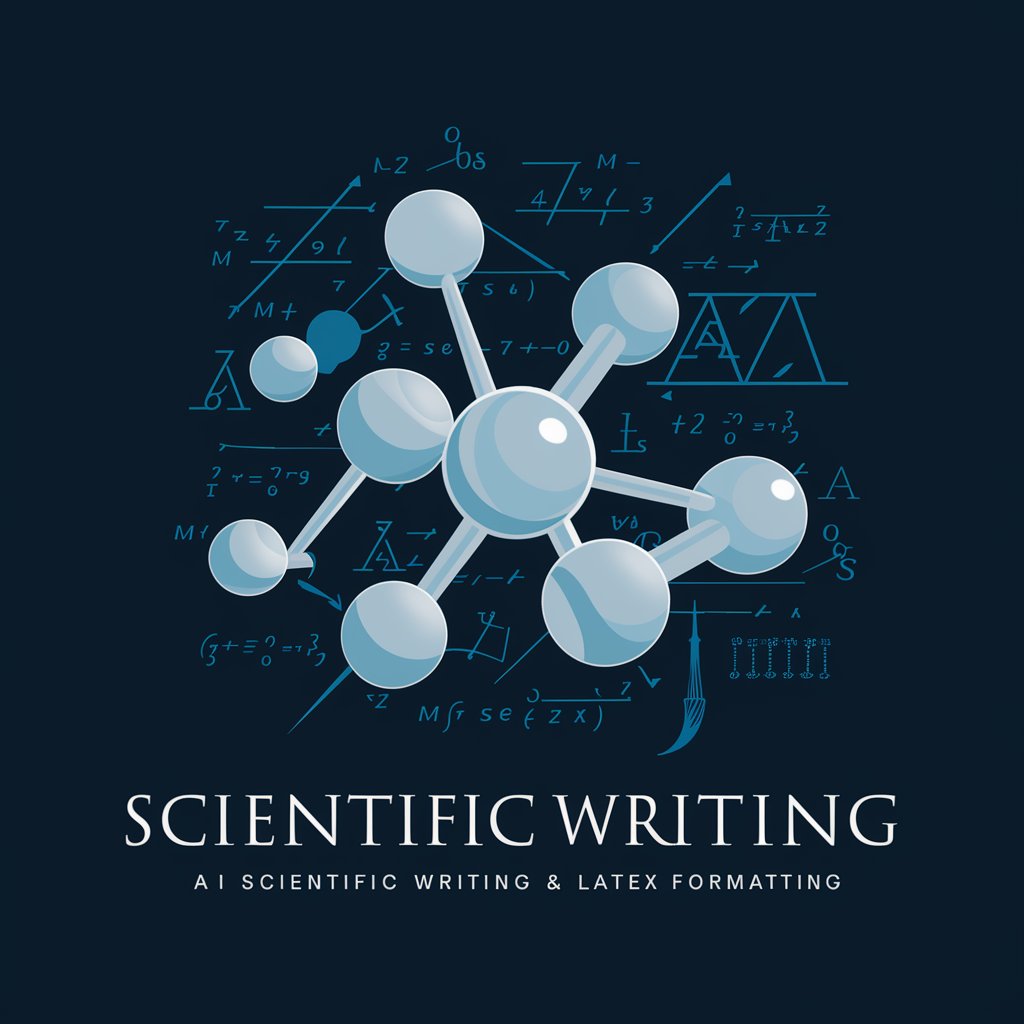
AskYourPDF
Unlock PDF insights with AI power.

SciWrite Assistant
Empower your writing with AI.
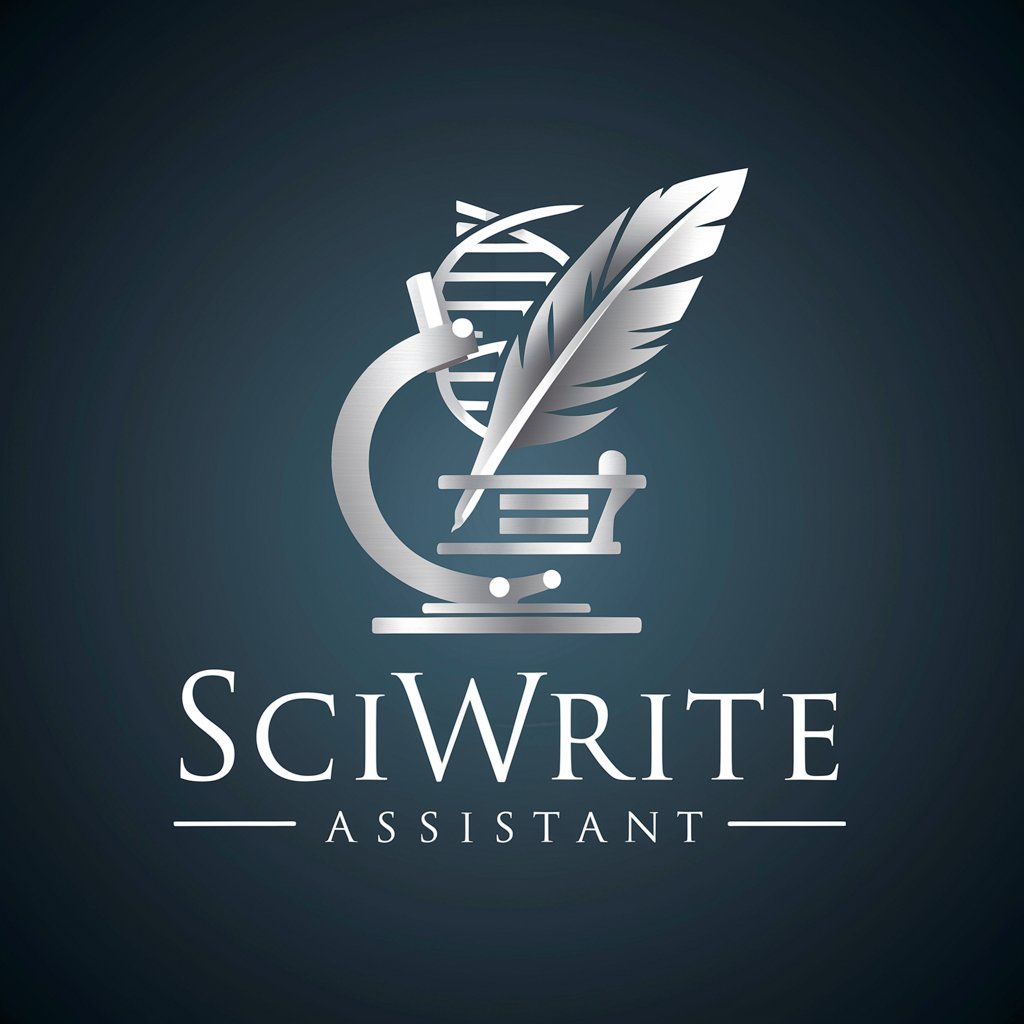
English Correction
Empowering Communication with AI

中英學術翻譯大師
Translating Academic Excellence with AI
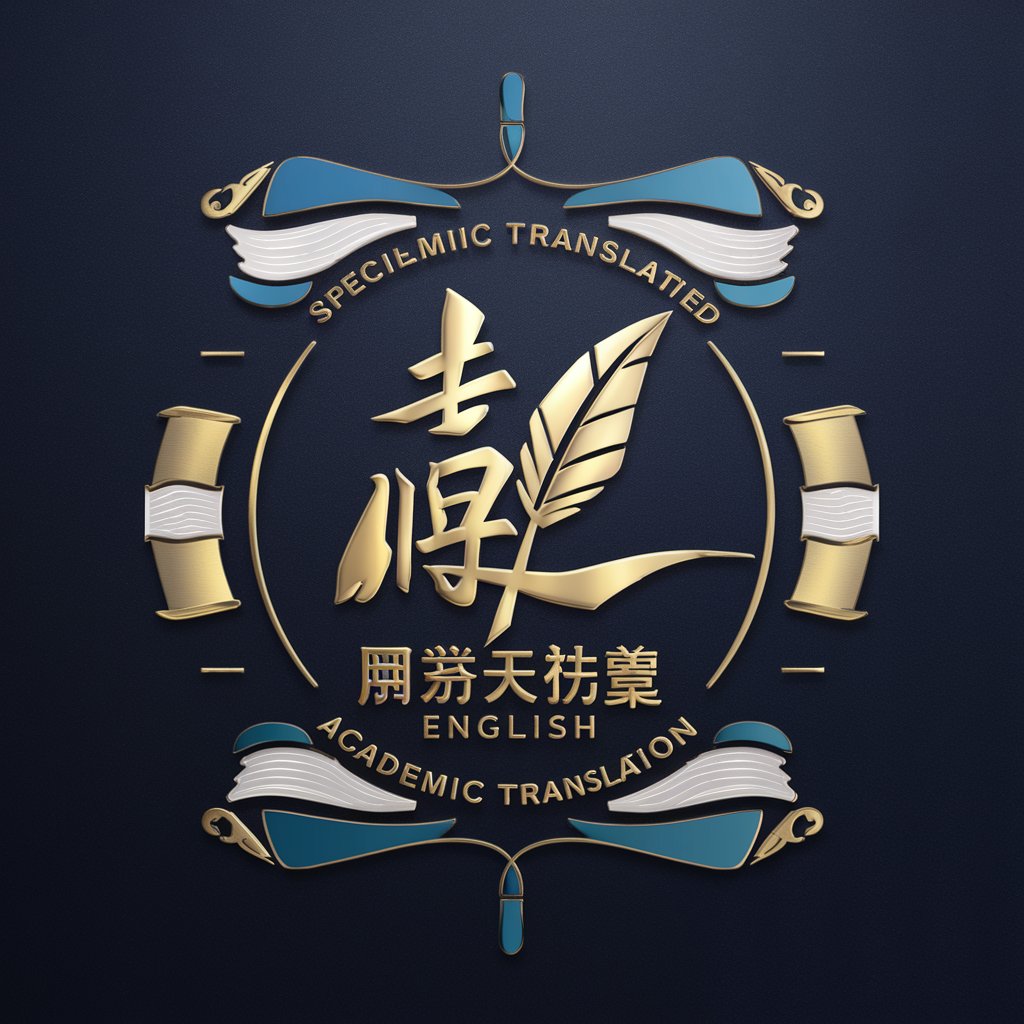
Latex Proofreader
Elevate Your LaTeX Documents with AI

Chatpdf: Ask pdf
Unlock PDF Insights with AI
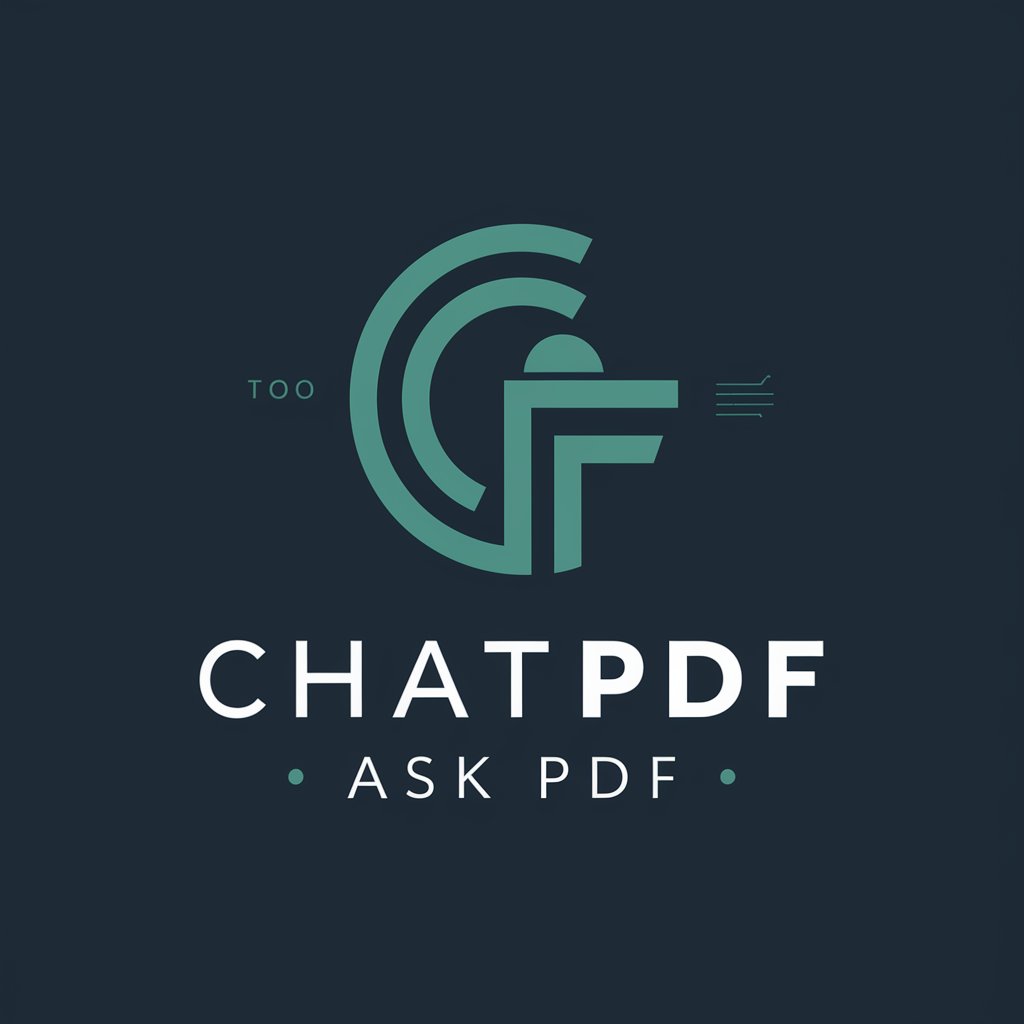
Literal Translator
Preserving integrity, ensuring clarity

Note Master
Empowering Precision with AI-Powered Summaries

AcademicStyleBot
Elevate Your Academic Writing with AI
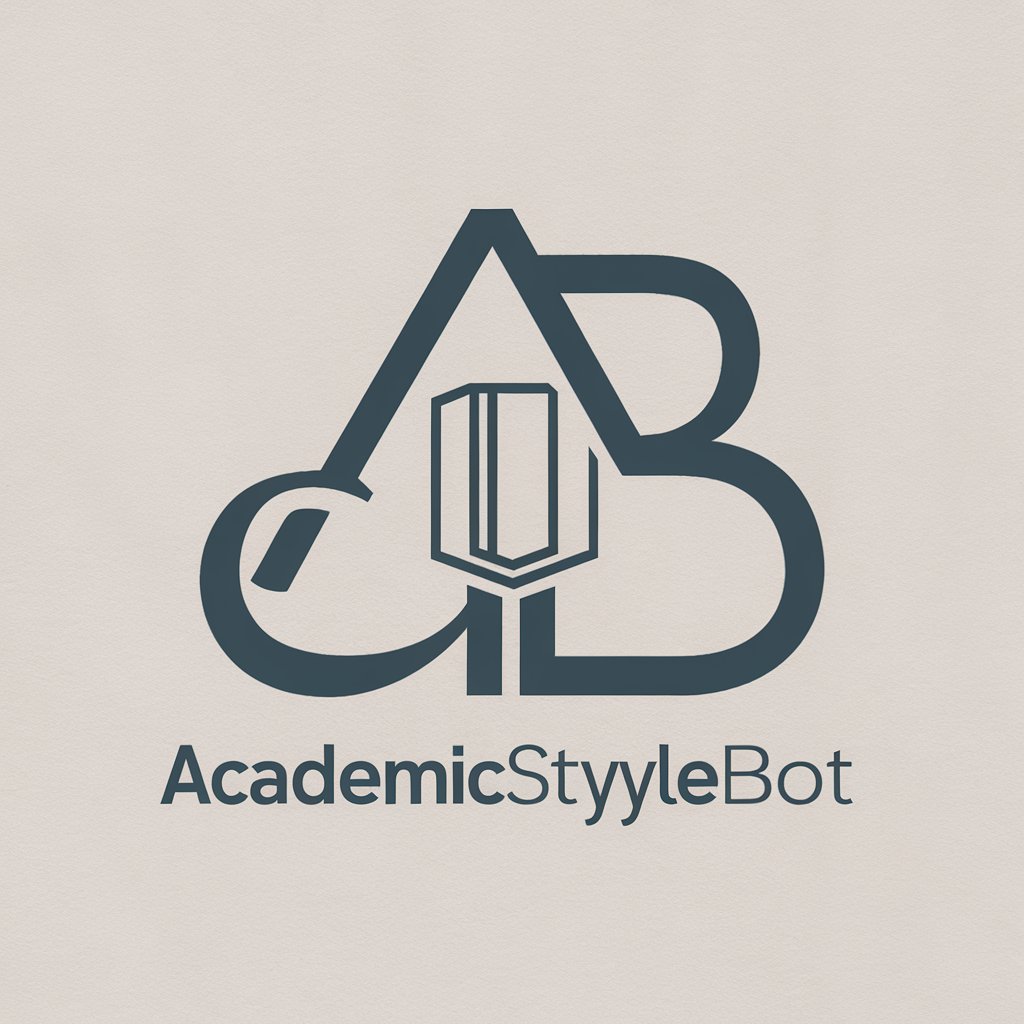
TexMaster
Simplifying LaTeX editing with AI.

Peptide Hacker
Streamline Your Peptide Research with AI

Essential Attributes and Functions
AI GPTs for Scientific Articles exhibit unique features that cater to the scientific community's needs. These include the ability to understand and generate technical and scientific language, support for various data formats (including structured and unstructured data), and advanced searching capabilities that go beyond simple keyword lookups. Special features might include the integration of image generation for visual data interpretation, custom data analysis tools, and adaptability to specific scientific disciplines through training on specialized datasets.
Intended Users of AI GPTs in Science
The primary users of AI GPTs for Scientific Articles encompass a broad spectrum of individuals in the scientific community. This includes researchers, educators, students, and industry professionals seeking to enhance their work with AI-driven insights. The tools are designed to be accessible to novices without programming skills, offering intuitive interfaces and guided workflows, while also providing robust customization options for developers and experienced users to tailor the system to their unique research needs.
Try Our other AI GPTs tools for Free
Journal Submissions
Explore AI GPT tools designed for Journal Submissions, streamlining manuscript preparation, submission, and publication processes with advanced AI-driven features.
Directing Tips
Explore AI GPTs for Directing Tips: Your ultimate tool for enhanced directing skills, offering personalized advice, creative insights, and tailored solutions.
Multimedia Guidance
Explore how AI GPTs for Multimedia Guidance revolutionize content creation and management, offering versatile, user-friendly tools for multimedia professionals and enthusiasts alike.
Faculty Profiles
Revolutionize academic profile management with AI GPTs for Faculty Profiles, offering seamless updates, integration, and customization for scholars.
Program Overview
Discover how AI GPT tools transform Program Overview with tailored solutions, enhancing productivity and insights across sectors.
Business Tasks
Discover how AI GPTs for Business Tasks can transform your operations with advanced automation, efficiency, and strategic insights. Tailored solutions for every business need.
Deeper Perspectives on AI GPTs in Science
AI GPTs for Scientific Articles represent a paradigm shift in how research is conducted, offering customizable solutions that can adapt to various scientific sectors. Their user-friendly interfaces and integration capabilities make them a valuable addition to any research team, enabling more efficient data analysis, hypothesis testing, and knowledge discovery.
Frequently Asked Questions
What are AI GPTs for Scientific Articles?
AI GPTs for Scientific Articles are specialized AI tools designed to assist in the generation, summarization, and analysis of scientific content, leveraging the capabilities of Generative Pre-trained Transformers.
How do these AI GPTs tools benefit scientific research?
They streamline the research process by efficiently handling literature reviews, data interpretation, and hypothesis generation, thus saving time and enhancing the quality of scientific inquiry.
Can non-programmers use AI GPTs for Scientific Articles?
Yes, these tools are designed with user-friendly interfaces that allow individuals without programming skills to access advanced AI capabilities for scientific research.
Are AI GPTs capable of generating images for scientific articles?
Yes, some AI GPTs tools include image generation features tailored for visual data interpretation and representation in scientific contexts.
Can I customize an AI GPT tool for a specific scientific field?
Yes, many AI GPTs offer customization options, allowing users to train the model on specialized datasets to tailor its output for specific scientific disciplines.
Do AI GPTs support multiple languages for scientific articles?
Yes, these tools often support multiple languages, making them versatile for international research collaboration and literature review.
How do AI GPTs handle data privacy and security in research?
AI GPTs for Scientific Articles are designed with data privacy and security measures to protect sensitive research information, adhering to applicable laws and regulations.
Can AI GPTs integrate with existing research workflows?
Yes, they are designed to integrate seamlessly with existing systems and workflows, enhancing research efficiency without disrupting established processes.